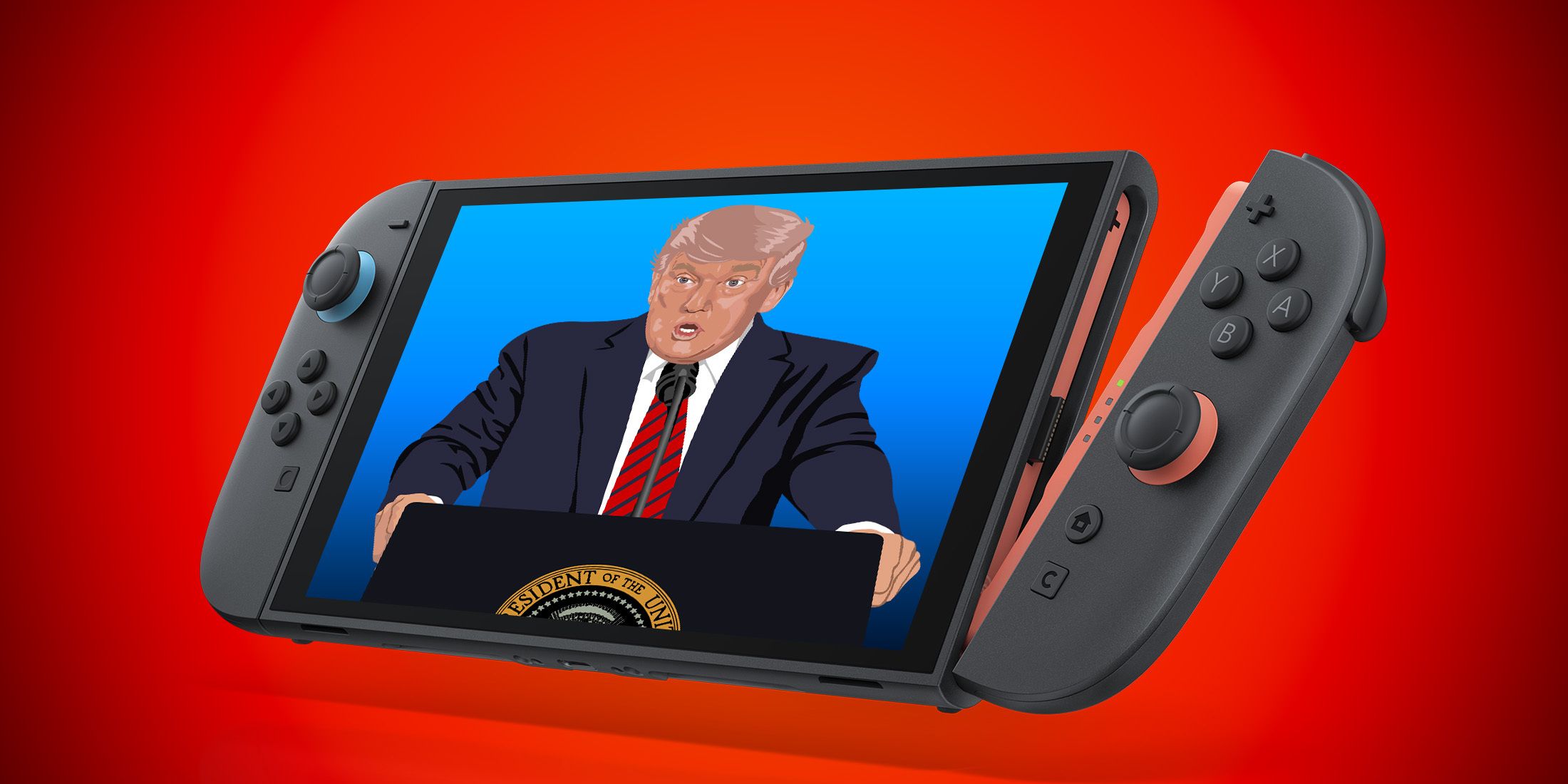Summary
- Tariffs may make gaming more expensive, affecting game prices.
- A spokesperson for the ESA has shared their thoughts about the recent tariffs, calling them “real and detrimental.”
- ESA prioritizes relationships with officials to mitigate financial harm to the gaming industry.
Aubrey Quinn, a spokesperson for the Entertainment Software Association, shared her concerns that the aggressive tactics the United States has taken with tariffs in recent months will make gaming much more expensive to maintain as a hobby. These fears have been directly reflected by situations such as pre-order delays for the Nintendo Switch 2 and preparations retailers are making for game price hikes.
Gamers have been concerned about the consequences of tariffs issued by President Donald Trump for a while. In January, experts such as Mat Piscatella predicted that proposed tariffs would not only make physical gaming more costly for studios and consumers, but that they would also increase the price of the hotly anticipated Nintendo Switch 2. So far, many of these suggestions seem to be tracking.

Related
Nintendo Switch 2 Pre-Order Date Delayed Because of Donald Trump
Nintendo confirms that the pre-order date for the Nintendo Switch 2 console in the US is now pushed back due to recent actions taken by Donald Trump.
IGN spoke with Entertainment Software Association spokesperson Aubrey Quinn, and she suggested that the impact of the recent tariffs issued by the Trump Administration will be “real and detrimental.” Quinn notes that the goal of the ESA is to collaborate with the administration and find solutions that don’t harm the United States’ industries, businesses, and its people, including gamers. However, it seems that regardless of the organization’s efforts, tariffs may make gaming much more expensive in general.
Quinn went on to identify the relationship between these high prices and the future of the industry as a whole. She suggests that as some of gaming’s biggest companies see their profits drop, this could directly lead to smaller teams and fewer facilities dedicated to research and development in gaming. The long-term effect of something like this is changing the scope of the next generation of gaming consoles. For example, many have expressed concern about the way that Nintendo, PlayStation, and Xbox attempt to press further towards an all-digital future. If tariffs make something like physical gaming even more expensive to entertain, there could be an even stronger chance that the PlayStation 6 might abandon physical.
Because many members of the current administration are new, Aubrey Quinn emphasizes that her team’s priority is establishing a relationship with those people and seeing what can be done to keep the gaming industry from taking a bigger hit. She does clarify, however, that this issue affects all facets of living, “from food to fashion to electronics.” Furthermore, Quinn talks about how even American-based companies will struggle in this situation since they require products outside of the country’s borders to manufacture goods. She notes that if gamers are concerned, they should contact their representatives and make sure that elected officials have heard them out.












Leave a Reply